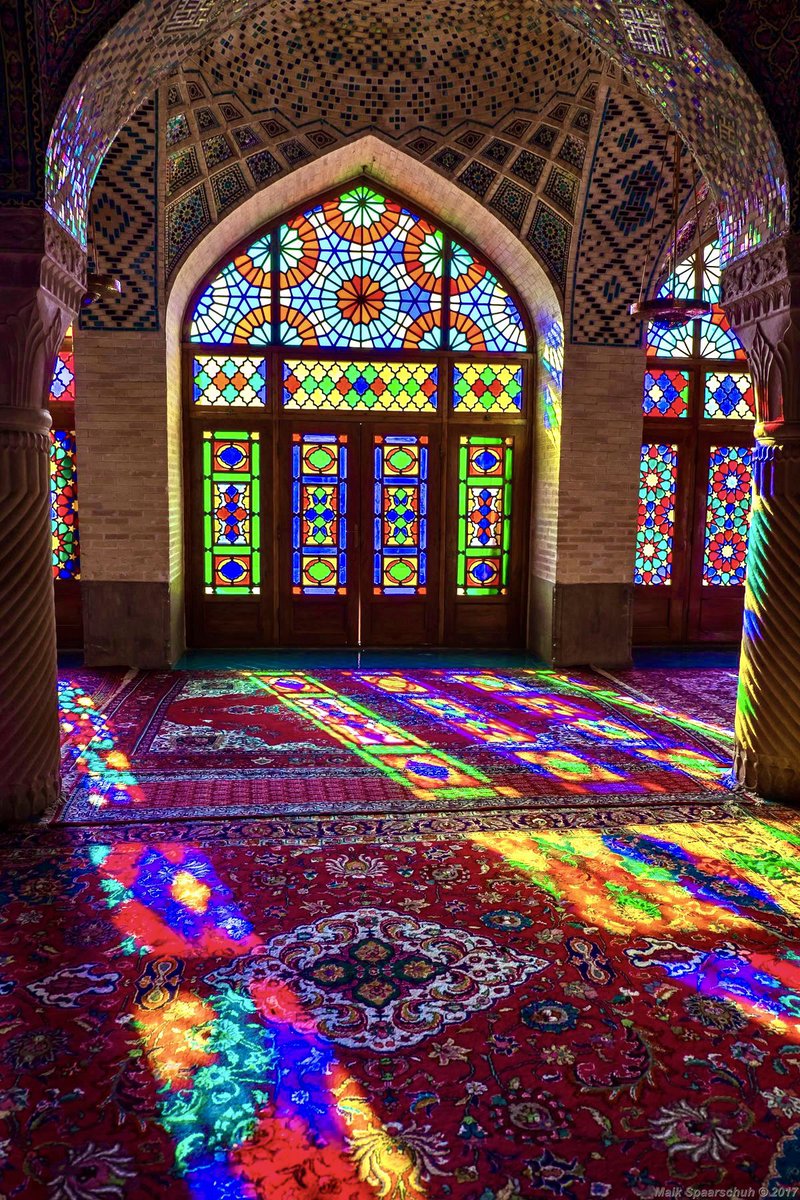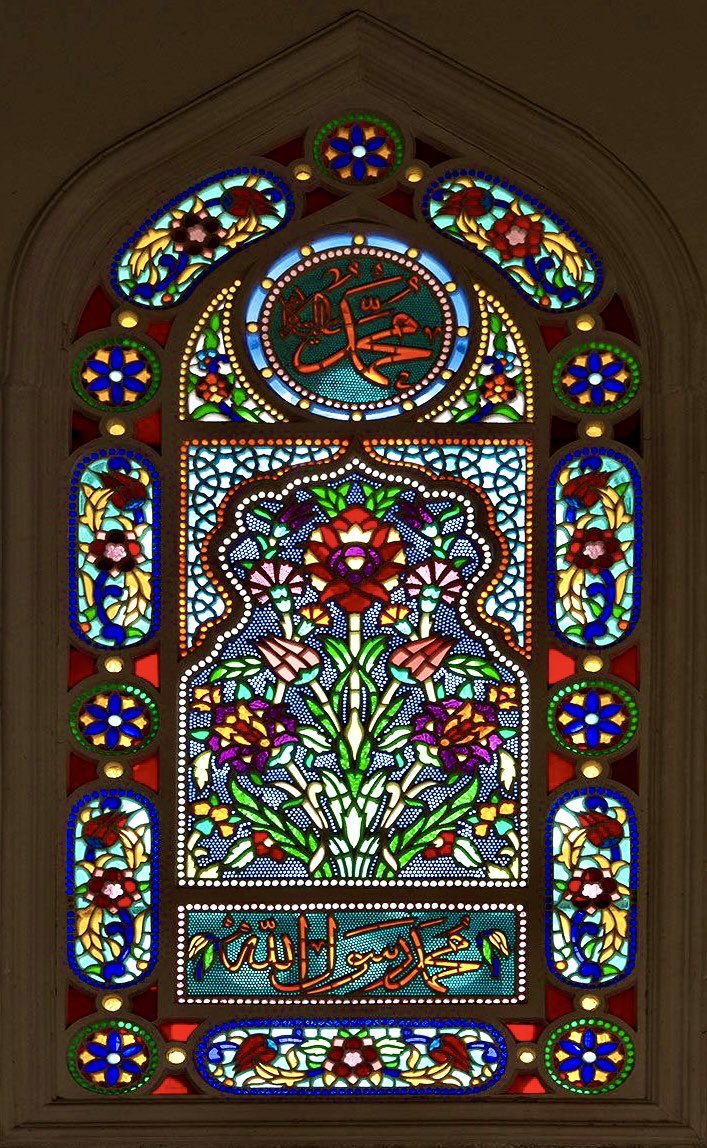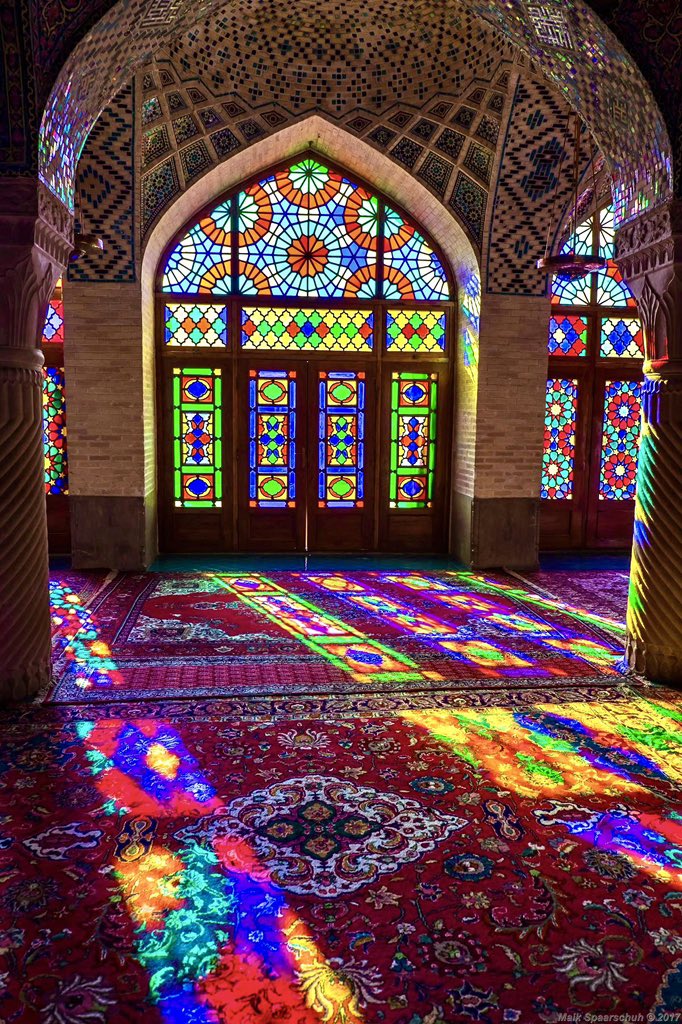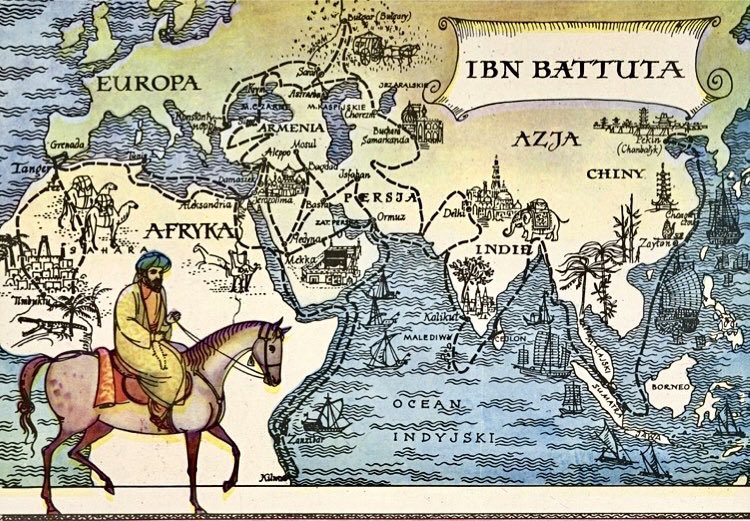In the Islamic holy book, the Qur’an a chapter is dedicated to the bee, called An-Nahl. This literally translates to ‘The Bee’ & it describes the bee’s way of life, & how Muslims should be more like them.
For #WorldHoneyBeeDay we are celebrating the bee in Islam 🐝
A thread…
For #WorldHoneyBeeDay we are celebrating the bee in Islam 🐝
A thread…
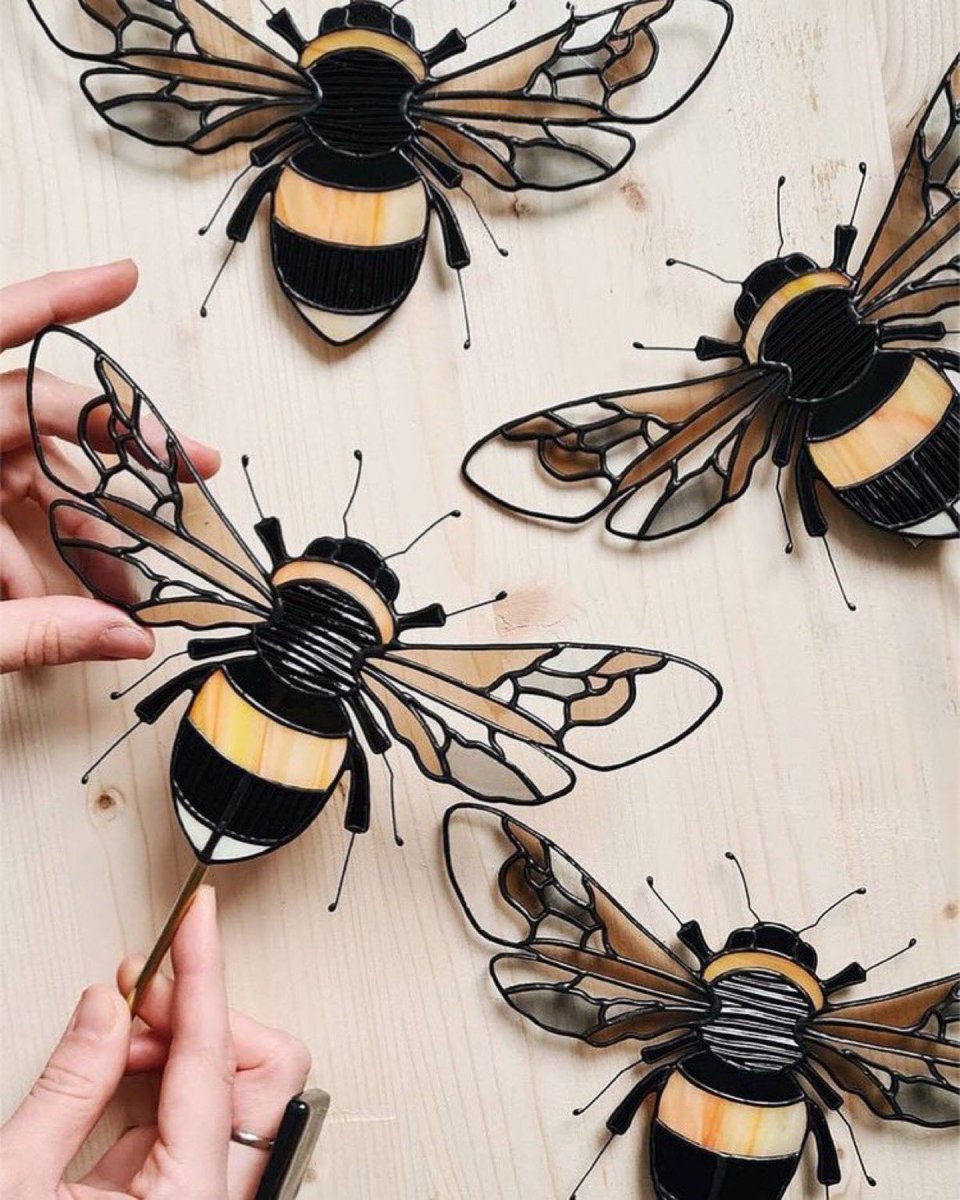
1/ Al Nahl, Chapter 16, 68-69, talks about a variety of topics, but Allah specifically chose the title The Bee to catch the attention of the readers. Bees are said to be Allah’s miracles; the way they function and how they behave, are to be held as an example #WorldHoneyBeeDay 

2/ The significance of Al Nahl as Chapter 16 is important. The only verse in this chapter that mentions bees is made up of 16 words & 16 different Arabic letters. Coincidentally, female bees have 16 pairs of chromosomes, whereas males have 16 chromosomes #WorldHoneyBeeDay 

3/ What is fascinating about the bees in the Qur’an is that it was written from a scientific standpoint where the colony, roles & practices of bees are observed. These characteristics & traits were used as a figure of speech for the follower reading the Qur’an #WorldHoneyBeeDay 

4/ A reason why an entire chapter in the Qur’an has been devoted to the bee is that Allah has enabled the honey bee to produce a substance within which there is a cure for all mankind. Honey 🍯
#WorldHoneyBeeDay
#WorldHoneyBeeDay

5/ In Surah Al Nahl, Allah is asks people to “give thought” to the attributes of the bees & embody these traits in their lives. Through their behaviour, we learn things such as to gain knowledge & reflect, to care for our community & maintain good relations #WorldHoneyBeeDay 

6/ In the scientific language all the honeybees belong to the genus Apis. The honeybee communicates with other honeybee using a dance language, which scientists have discovered to be very complicated and highly developed #WorldHoneyBeeDay 

7/ Approximately a third of all the food we eat is due to pollination from the honeybee. Unfortunately, due to habitat loss, pollution, pesticides & disease, their numbers have dwindled. Over the last decade, there has been a rise in colony collapse disorder #WorldHoneyBeeDay 

8/ If bees disappeared from the surface of the Earth, humans would have 4 years left to live. The bee has officially been declared the most important animal on Earth by the Earthwatch Institute in 2017 #WorldHoneyBeeDay #savethebees 

9/ Surah an-Nahl, 16. Pages from an early Ottoman Qur'an written in two different script styles, 16th century The right hand page starts with part of verse 110 from Surah an-Nahl (The Bee) and continues through to verse 122 on the left hand page #WorldHoneyBeeDay 

10/ Since 2011 the East London Mosque @elondonmosque in England has been home to several beehives. Most of the hives are kept on the roof of the London Muslim Centre #WorldHoneyBeeDay
(Khalil and Salma inspecting a hive. Pic: Jessica Chia)
(Khalil and Salma inspecting a hive. Pic: Jessica Chia)

11/ This is a look around the observation hives at the East London Mosque @elondonmosque where you get a feel of beekeeping in the mosque.
Repost from @Bushwoodbees
#WorldHoneyBeeDay
Repost from @Bushwoodbees
#WorldHoneyBeeDay
12/ Here is a wonderful video from @BBCNews about the amazing bees at the East London Mosque
bbc.co.uk/news/av/uk-eng…
#WorldHoneyBeeDay
bbc.co.uk/news/av/uk-eng…
#WorldHoneyBeeDay
13/ This mosque in Indonesia is well-known in the community as Sarang Lebah (Honeycomb) Mosque or An-Nahl Mosque, because honeycombs inspire the architectural elements used in this building including hexagon-shaped vent blocks, similar to those of honeycombs #WorldHoneyBeeDay 

14/ The Al Nahl mosque promotes the pilgrims' essential concept, the world as a public and social entity, just like the bees, which are social creatures and hard workers, where no bees live alone. It aims to build a broader empathy for fellow human beings #WorldHoneyBeeDay 



15/ Bees lives less than 40 days, visit at least 1000 flowers & produces less than a teaspoon of honey.
For us it is only a teaspoon of honey, but for the bee it is a lifetime of work
Thank You Bees!🐝
#WorldHoneyBeeDay
For us it is only a teaspoon of honey, but for the bee it is a lifetime of work
Thank You Bees!🐝
#WorldHoneyBeeDay

• • •
Missing some Tweet in this thread? You can try to
force a refresh


